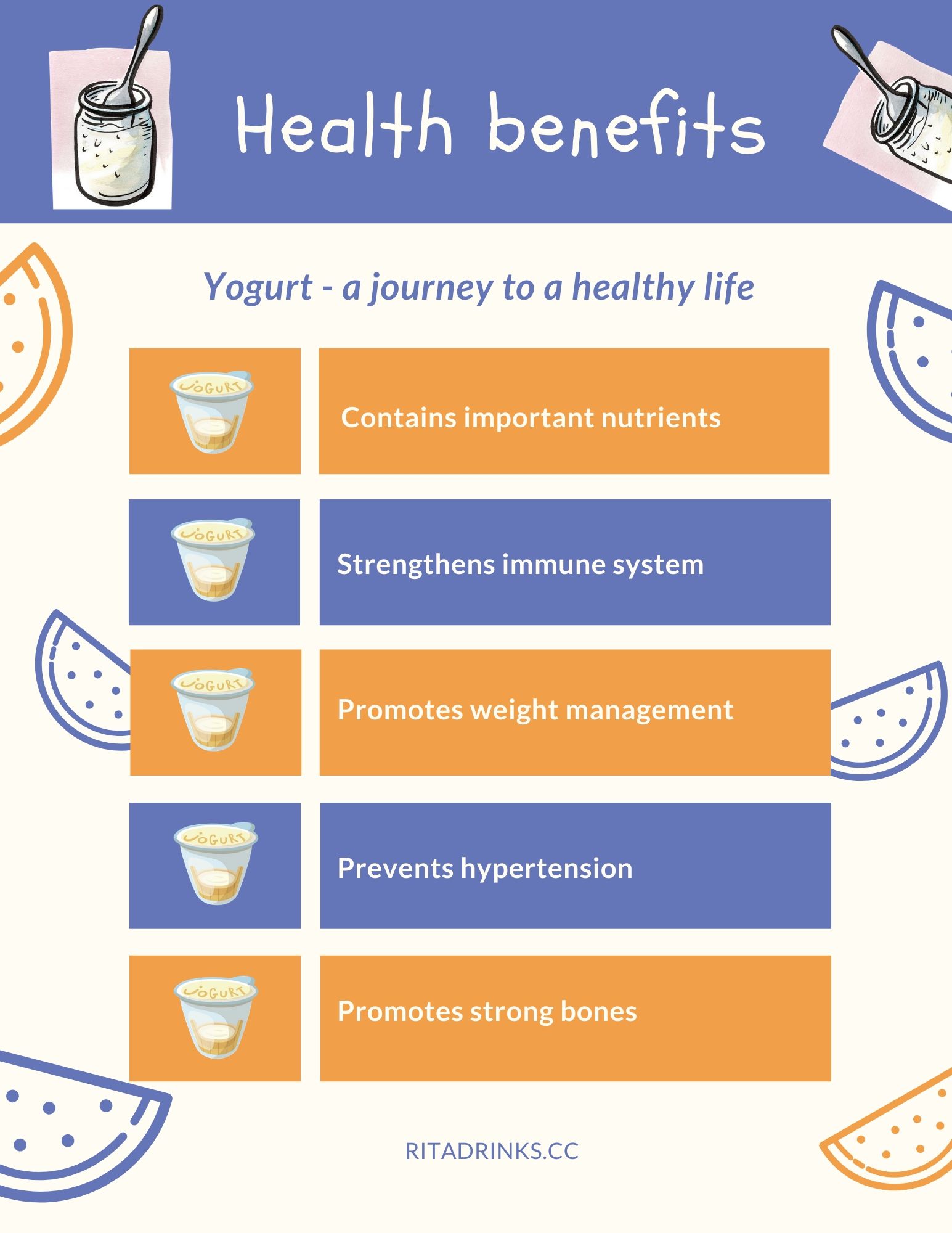Yogurt also spelled yoghurt, yogourt or yoghourt, is a dairy food made by bacterial fermentation of milk. The bacteria used to make this delightful food is called "yogurt cultures," which ferment lactose, the natural sugar found in milk.
YOGURT – EVERYTHING YOU NEED TO KNOW
WHAT IS YOGURT?
Yogurt is made by bacterial fermentation of milk (Credit: Internet)
Yogurt is made as fresh milk or cream. It is always pasteurized at the beginning, then fermented with various live bacteria culture. After that incubated at a specific temperature to encourage bacteria growth.
Some kinds contain living and active bacteria known as probiotics, which can help to improve the health of intestines.
This delicious food is rich in calcium, vitamins B6 and B12, potassium, magnesium, etc. They have many different kinds of these so the nutrition depends on the type.
HEALTH BENEFITS
- Yogurt is good for your health
-
- 1. Rich in important nutrients
Health benefits of this delicious food are based on it is rich in vitamins, minerals, nutrients that your body need.
1.1 Calcium
Yogurt is famous for the great source of calcium which is ness necessary for healthy teeth and bones. Just one cup provides 49% of your daily calcium needs.
1.2 B group vitamins
Yoghurt contains B group vitamins, such as vitamin B12, which helps to prevent heart disease.
1.2 Phosphorus, potassium, magnesium
The presence of calcium, phosphorus, magnesium helps to control blood pressure, improve bone health and metabolism. A cup of yoghurt provides 38% of your daily need for phosphorus, 12% for magnesium and 18% for potassium
1.4 Vitamin D
Yogurt is rich in vitamin D which is good for your bones health and immune system. Vitamin D also helps to reduce the risk of heart disease and depression.
- 2. Strengthens your immune system
The probiotics found in yogurt can help to reduce inflammation, which is linked to several health conditions ranging from viral infections to gut disorders. Some research shows that probiotics also helps to reduce the incidence, duration and severity of the common cold.
Yogurt also have magnesium, selenium and zinc, vitamin D which play important role to improve immunity. Especially vitamin D is known for the role they play in preventing illnesses such as common cold and flu.
- 3. Promotes weight management
First, yogurt contains protein, which works along with calcium to increase levels of appetite-reducing hormones and helps you stay fuller longer.
Second, yogurt helps to build muscle which helps burn fat.
Third, yogurt is a great source of energy to fuel workouts you may be performing to lose weight.
- 4. Prevents hypertension
Yogurt contains a substantial amount of Potassium which can help to control blood pressure regulation. Potassium also stimulates the nervous system cells, which is crucial in eliminating and reduces high blood pressure cases.
- 5. Promotes strong bones
One of yogurt benefit is improving bone health. It contains the high level of calcium which is responsible for strong bones and teeth. If you do not have enough calcium from what you eat, then it can end up drawing calcium from your bones. One serving of calcium can contain more than the daily requirement of your body. Eating daily can help to promote strong bones. Of course, it is delicious.
YOGURT MAY NOT BE FOR EVERYONE
People with milk allergy and lactose intolerance should not eat yogurt (Credit: Internet)
Yogurt is delicious and healthy, of course. But it may not be for everyone. Some people should be careful with this healthy food.
Milk Allergy
Milk product contains casein and whey that some people can be allergic. So milk triggers a reaction that can range from hives and swelling to life-threatening anaphylaxis.
Lactose Intolerance
Lactose is a type of sugar found in milk. Lactose intolerance occurs when your body lacks lactase, an enzyme plays an important role in breaking down lactose. Lactose intolerance can lead to various digestive symptoms, such as abdominal pain and diarrhea.
You can find useful products here





